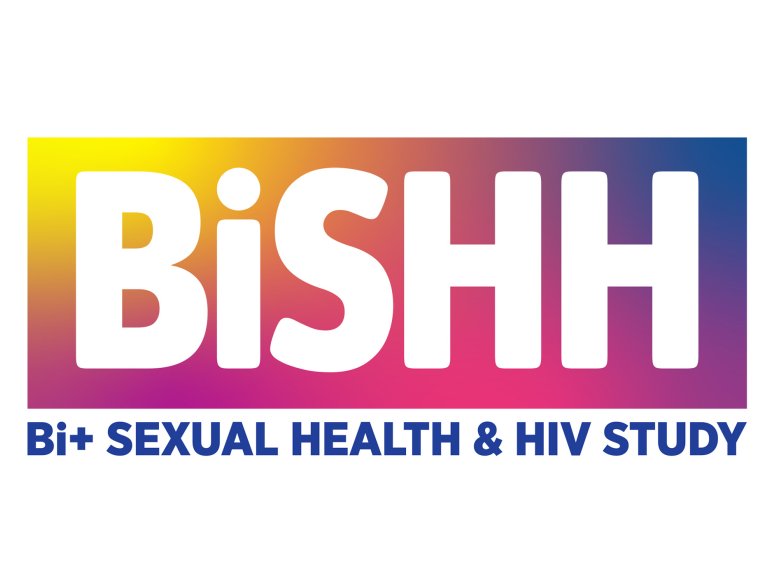Despite large numbers of people identifying as bi+, there is a limited amount of bi+ specific research focusing on the sexual health and HIV needs of bi+ people in Australia. Bi+ is an umbrella term for people who are sexually and/or romantically attracted to more than one gender, although not necessarily at the same time, in the same way, or to the same degree. Bi+ identities include, but are not limited to, terms such as bisexual, pansexual, queer, multi-gender attracted, fluid, omnisexual, plurisexual, polysexual, bicurious and so on. Available research often combines bi+ people with either lesbians or gay men or under the LGBTQ+ umbrella. The distinct experiences of bi+ people are therefore often missed. This study will be the first national survey on bi+ sexual health and HIV needs in Australia.
Researchers are partnering with the bi+ community to run the first national survey that asks bi+ people in Australia about their sexual health, and other aspects of their health and wellbeing. The survey will explore topics on sexual identity, sex and relationships, sexual health and HIV, sexual healthcare, stigma and discrimination, social networks and community, sexual violence and coercion, mental health, and drug and alcohol use.
Recruitment opens early to mid 2024.
This study is an anonymous, online, national, cross-sectional survey of bi+ people living in Australia.
The results of this study will help ascertain the current sexual health and HIV experiences of bi+ people in Australia. These up-to-date and specific findings will be used to inform future research and advocacy on the unique needs of bi+ people in Australia.
- Centre for Social Research in Health, UNSW Sydney
- Australian Research Centre in Sex, Health and Society, La Trobe university
- University of Sydney
- ACON
- Health Equity Matters
- LGBTIQ+ Health Australia
- National Association of People with HIV Australia
- Thorne Harbour Health
This study is supported by research grants from the Kirby Institute and Gilead Sciences, Inc.


